Many people ask, "Should I buy a Duvet or comforter?" Since they both serve the same purpose, it's easy to assume they have the same benefits.
Everyone has a question: What are a duvet and a comforter? A duvet is a fluffy insert placed inside a separate cover, while a comforter is a flatter, stand-alone cover. Trendwizz.com will discuss everything you need to know about the duvet vs. comforter debate and how to decide which one is best for you.
Other Topics You Might Like
Helpful Products You Might Like
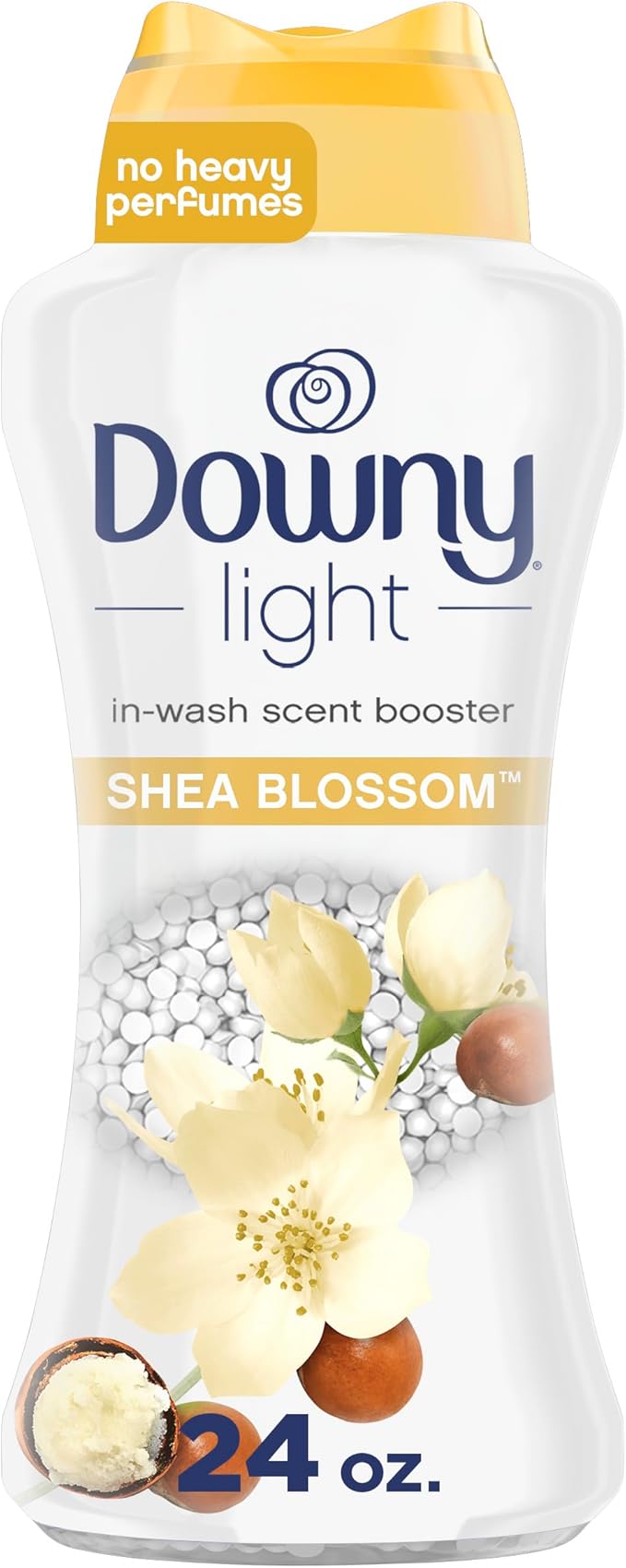
Downy Light Laundry Scent Booster Beads for Washer
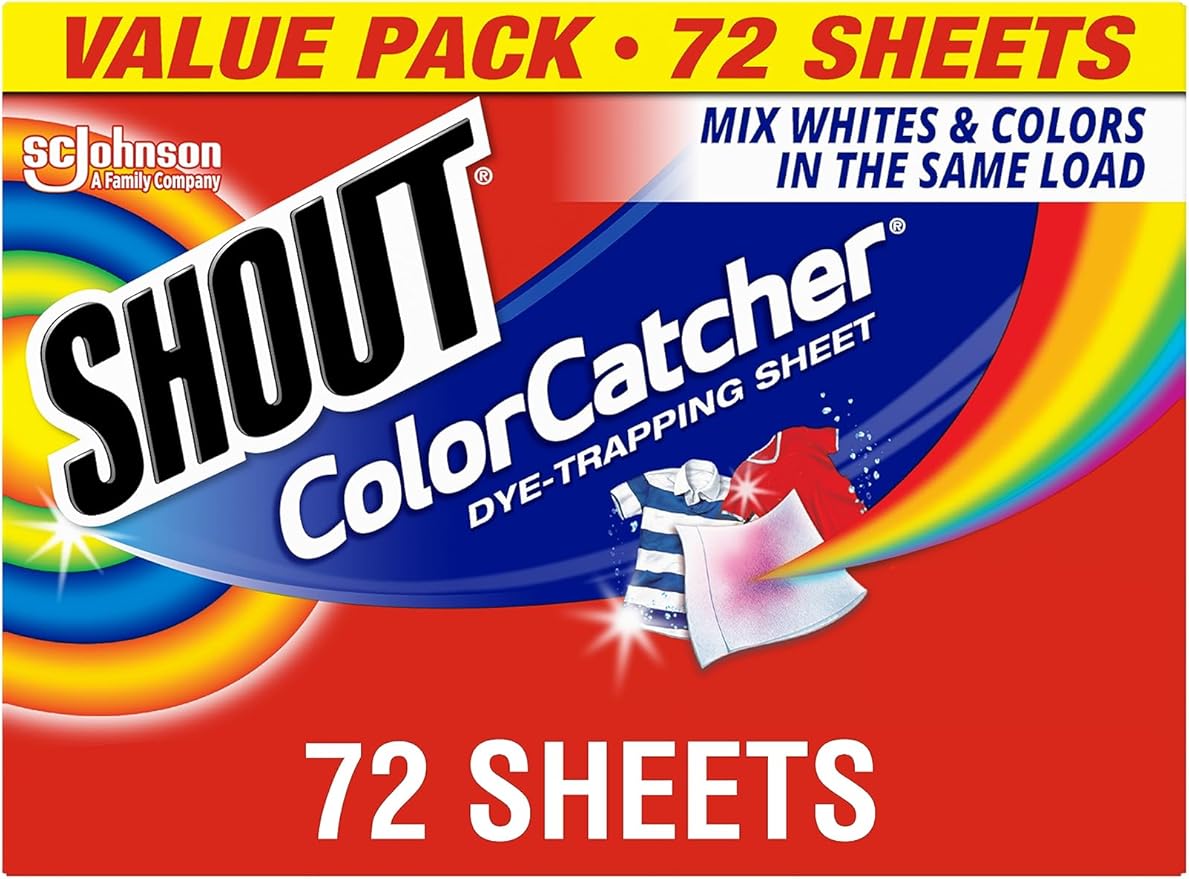
Shout Color Catcher Dye Trapping Sheets for Laundry
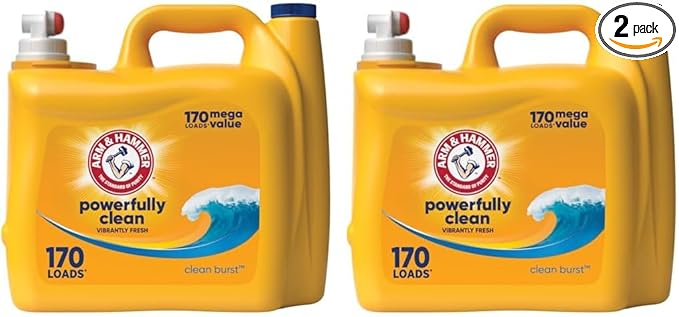
Arm & Hammer Clean Burst Liquid Laundry Detergent
"(Paid Links)" 
What is a Duvet Cover?
Duvet or comforter? That is the question. When choosing your bedding, what is the right choice for you? Do you hate making your bed? Do you prefer the ease of washing? These are all things to remember when deciding what your bedding will be.
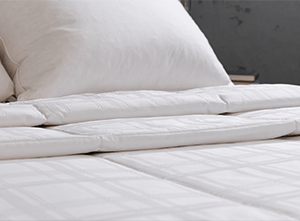
Should you choose a duvet or a comforter?

When choosing between a comforter and a duvet, it's essential to think about your laundry routine and sleeping habits to find the best fit for your bed. From comfort to cleaning, here are the key factors to keep in mind as you shop:
Style
Style matters a lot for most people who think about what looks best. Duvets are thicker and fluffier, perfect for those who love a plush look. You can easily replace the duvet cover whenever you want a change. On the other hand, Comforters are larger than duvets and drape down the bed, givingive a more finished look. Some comforters come with intricate details like beading or embroidery. Since they're not as thick, you might want to layer a comforter with throw blankets or quilts for added warmth.
Comforter
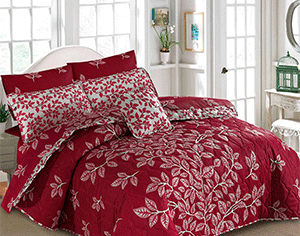
Duvets are typically thick and puffy, while comforters are usually a bit thinner. When choosing between the two, consider your body temperature and sleeping habits.
Cleaning
If you use a top sheet, duvets and comforters only need washing every two to three months, at most, since they won't come into direct contact with your body. But if you skip the top sheet, a duvet cover is better since you can easily wash it more often. On laundry day, just put the duvet cover in the wash and reattach it to the insert after — no need to wrestle with a bulky comforter in your machine or take it to the dry cleaner. One of the disadvantages is that it will take a few extra minutes to put the duvet cover back on, but it saves you from washing the duvet insert more than necessary.
Price
The cost of a comforter or duvet vary widely. Duvets are more expensive than comforters. When buying a duvet, you have to purchase the insert and cover separately. The pricier insert will last for years, and you can easily update your look by changing the cover whenever you want a fresh and new look.
Size
Duvet inserts are thicker and fluffier than comforters. However, comforters are designed to hang over the sides of the bed and also tend to be larger than a standard duvet, making them a great option if you sleep with a partner.
